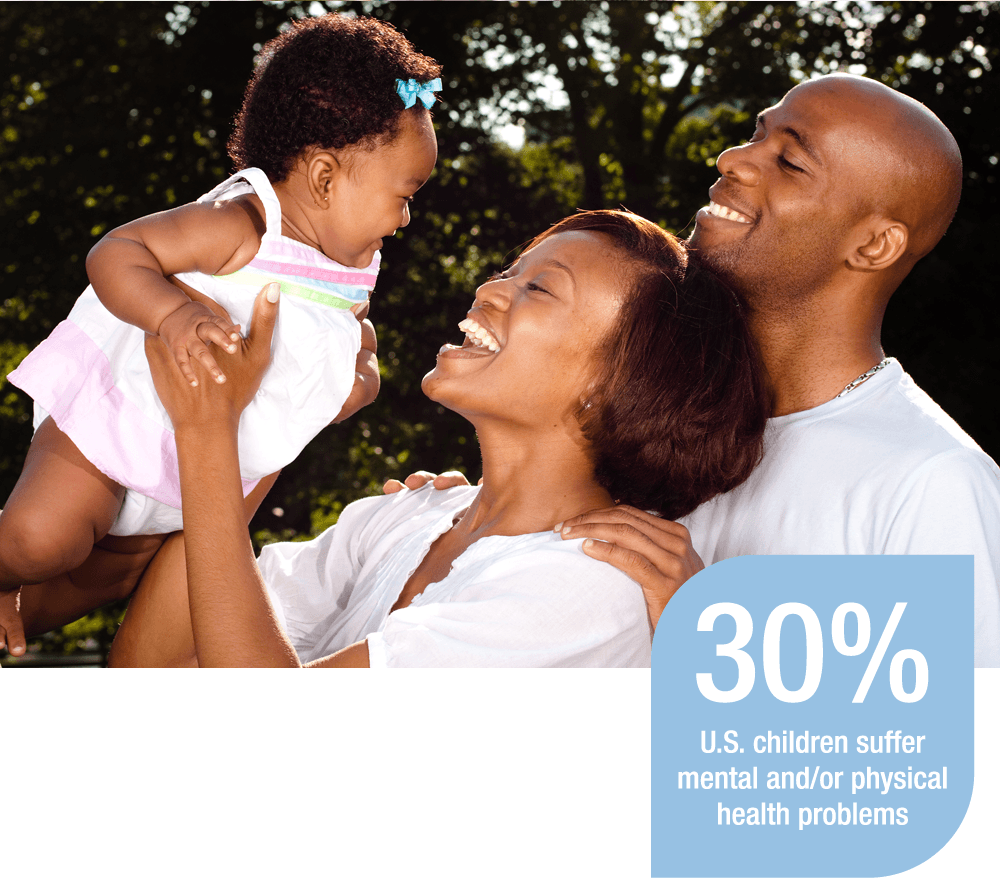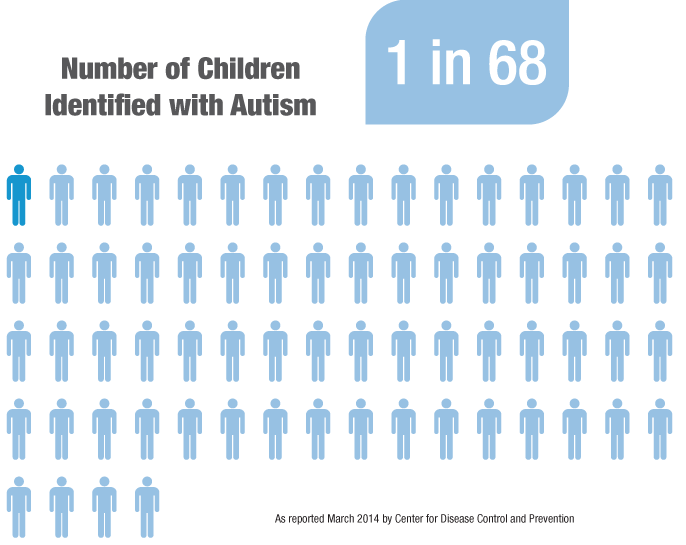NHF’s Mission is to empower parents to have healthy children free of chronic health conditions
Research Methodology
Our Solution Is Implementing The Recommendations In The Healthy Child Guide
The Healthy Pregnancy Summit (“HPS”) is being promoted and offered to help families have healthy pregnancies and healthy children. As parents, physicians, scientists and researchers our aim is to provide simple, clear, and effective recommendations for families.
The Healthy Child Guide, a PDF companionguide to the HPS, makes the process much easier for prospective parents. The HPS and Healthy Child Guide provides recommendations developed by the NHF Scientific Advisory Board on improving nutritional status, reducing toxic exposures, and maintaining appropriate exercise/fitness programs.
The Healthy Pregnancy Summit opens a valuable window for parents so they can evaluate their own adherence to key recommendations, check on their child’s developmental milestones, and document their children’s health outcomes — with anonymity preserved for all registrants and participants. The specific recommendations found in The Healthy Child Guide are designed to improve the potential of having a neurologically healthy child.




The Science Underlying NHF’s Principles and Recommendations
A growing body of scientific research, much of it peer-reviewed, supports the proposition that serious health problems in babies and young children are often linked to poor nutrition and exposure to toxic chemicals. A comprehensive summary of the science that supports NHF’s mission is featured in a particularly lucid scientific article written by Dr. Philip Landrigan in “The Neurobehavioral Effects of Developmental Toxicity”. Moreover, CNN.com (as well as other large news outlets) recently featured a troubling story in February of this year entitled “Putting the next generation of brains in danger”.


Foresight, the Association for the Promotion of Preconceptual Care, is a group in the UK that has focused predominantly on changing the environmental conditions and dietary habits of parents, particularly the mother, prior to the couple conceiving a child in order to reduce the risk of miscarriage. Research from The Foresight Program that was published in the 1980s and 1990s provides evidence that the organization’s methodologies are worthy of further review and analysis.
In the study, researchers at the University of Surrey followed 367 couples, who were deemed “high-risk.” The couples received nutritional counseling and were advised to consume an all-organic diet of fruits and vegetables, unrefined grains, ample meat and poultry, and oily fish (high in Omega 3 fatty acids), as well as vitamin and mineral supplements designed to boost nutritional intake and cleanse the body of various toxins.
By the end of the study, 89 percent of the couples had given birth, and none of the children exhibited evidence of autism or other Chronic Conditions. Moreover, although 150 of the couples previously had experienced a miscarriage or stillbirth, there were no miscarriages or prenatal deaths during the study.
2. Consumption of a certified organic diet beginning pre-conception (no GMO food, avoid conventional pesticides and herbicides)
3. Utilization of purified water for drinking and cooking purposes (to avoid environmental chemicals toxic to the developing brain)
4. Evaluating and treating health problems prior to conception
5. Avoiding toxins in general through specific instructions
Research is needed to review best practices and the latest scientific research to create a standardized set of recommendations that can be shared with the general public and tested in a major, formal research study – that is the mission of NHF.
